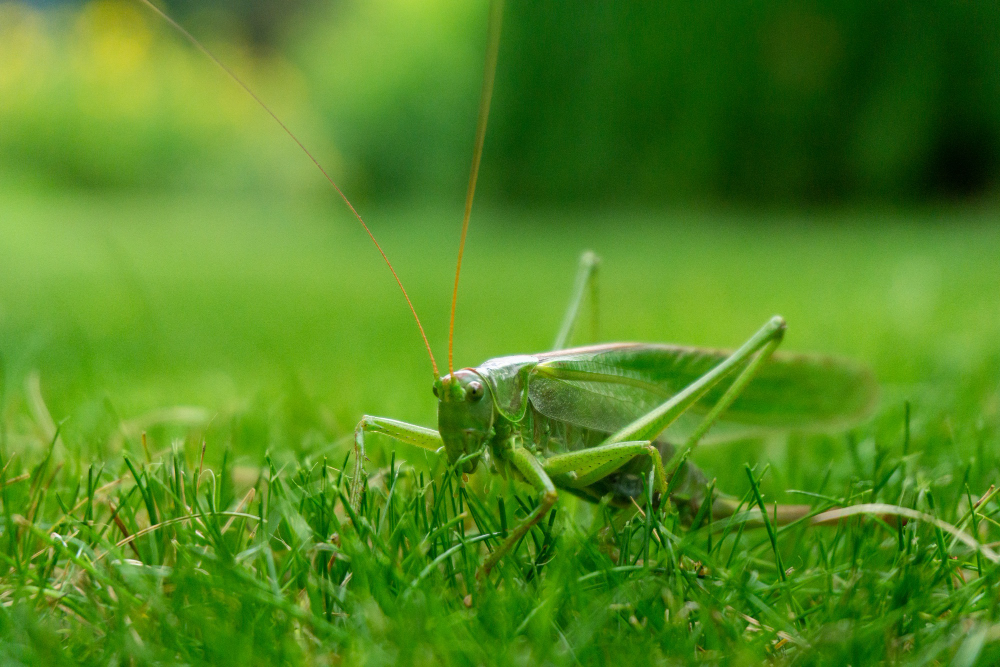Organic Pest Control Tips to Keep Your Garden in Top Shape

Pest infestations in your garden can be devastating to your plants and flowers. They can also be a nuisance for you as a homeowner trying to keep your lawn looking beautiful. While there are various chemical pest control methods on the market, these can be harmful and may come at an expensive cost. Organic pest control is a more natural approach, and it's not only safer for your plants but also for the environment. In this post, we will provide some useful organic pest control tips to keep your garden in top shape.
1. Use Companion Planting
Companion planting is a gardening technique that involves planting different crops in close proximity to each other to improve their growth and yield. It's also an effective way of deterring pests. For instance, planting garlic and onions near tomatoes, peppers, and other plants can repel pests such as aphids, whiteflies, and spider mites. Similarly, planting marigolds near your vegetable garden can help control pests like thrips and nematodes.
2. Introduce Beneficial Insects
Introducing beneficial insects such as ladybugs, lacewings, and praying mantis to your garden can help control pest populations naturally. These insects prey on common garden pests such as aphids, caterpillars, and spider mites. You can purchase beneficial insects from local nurseries or online stores and release them into your garden.
3. Use Homemade Organic Pesticides
Homemade organic pesticides can be an effective way of controlling pests without using harsh chemicals. You can make insecticidal soap by mixing mild liquid soap and water or using neem oil, which is derived from the neem tree and works as a natural pesticide. Diatomaceous earth, a powdery substance made from the shells of microscopic marine creatures, is also an effective pest control method.
4. Keep Your Garden Clean and Mulched
Keeping your garden clean and mulched is an essential aspect of pest control. Ensure that you remove dead leaves, weeds, and debris from your garden regularly. This helps to eliminate hiding spots and breeding grounds for pests. Mulching around your plants can also help to retain moisture in the soil while keeping weeds at bay, which can lead to pest infestations.
5. Rotate Crops
Rotating crops is another effective organic pest control technique. When you plant the same crops in the same spot year after year, pests and diseases can build up in the soil, increasing the likelihood of an infestation. By rotating crops, you disrupt pest cycles, making it harder for them to establish themselves in your garden.
Conclusion
Using organic pest control methods is an effective and safe way of keeping your garden in top shape. Not only does it eliminate the use of harsh chemicals, but it also contributes to a healthier environment. The tips we've shared in this post, including companion planting, introducing beneficial insects, using homemade organic pesticides, keeping your garden clean and mulched, and rotating crops, can help you keep your garden pest-free. So, next time you notice a pest problem in your garden, try out these organic pest control methods for a healthier, thriving, and beautiful landscape. If you're looking for sod contractors in Orlando, FL, contact From The Ground Up Landscaping today for free estimates.